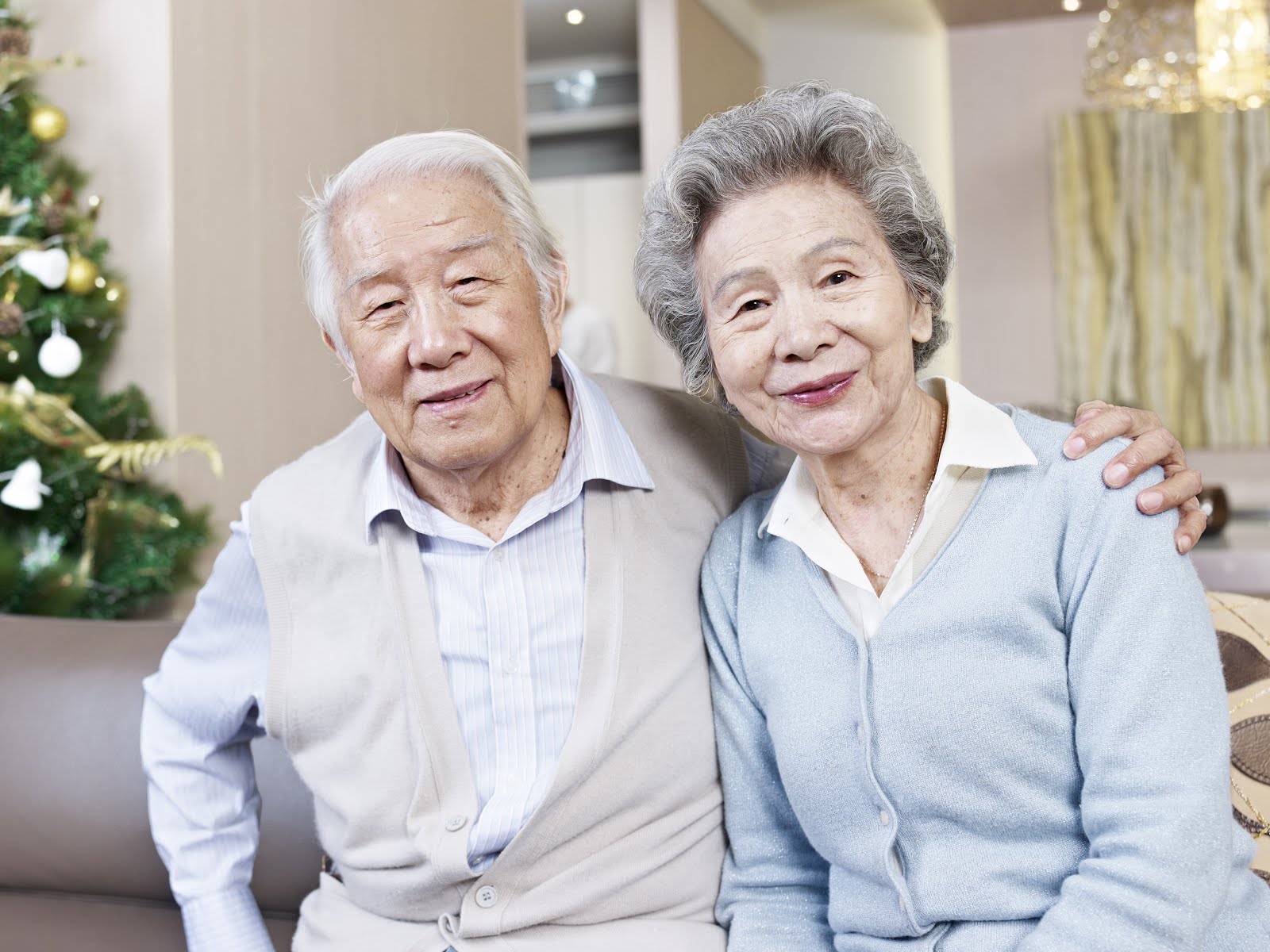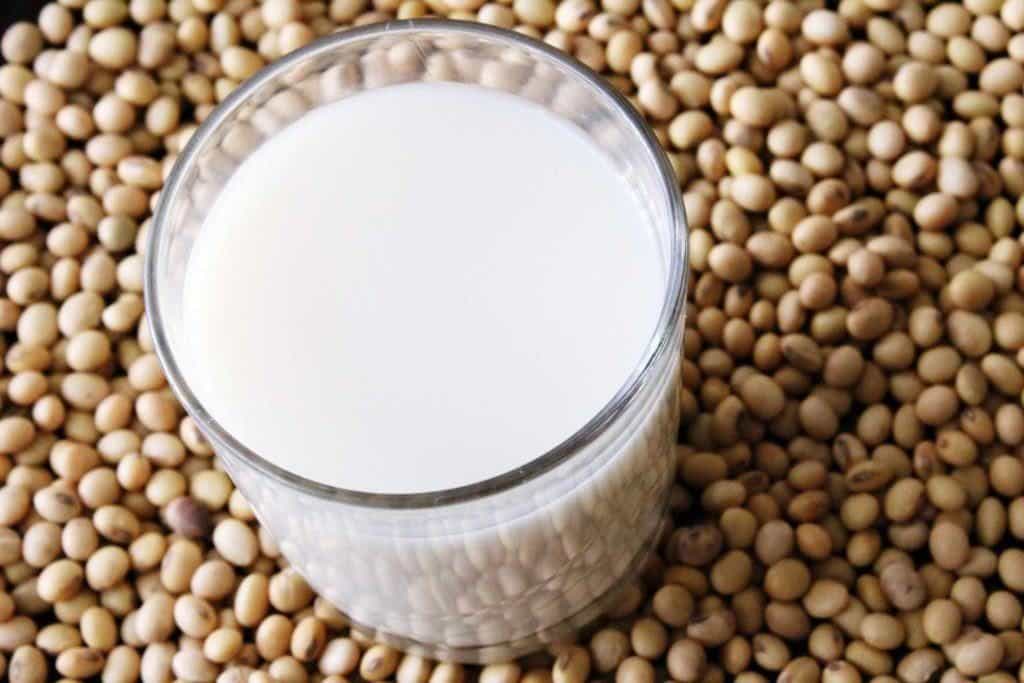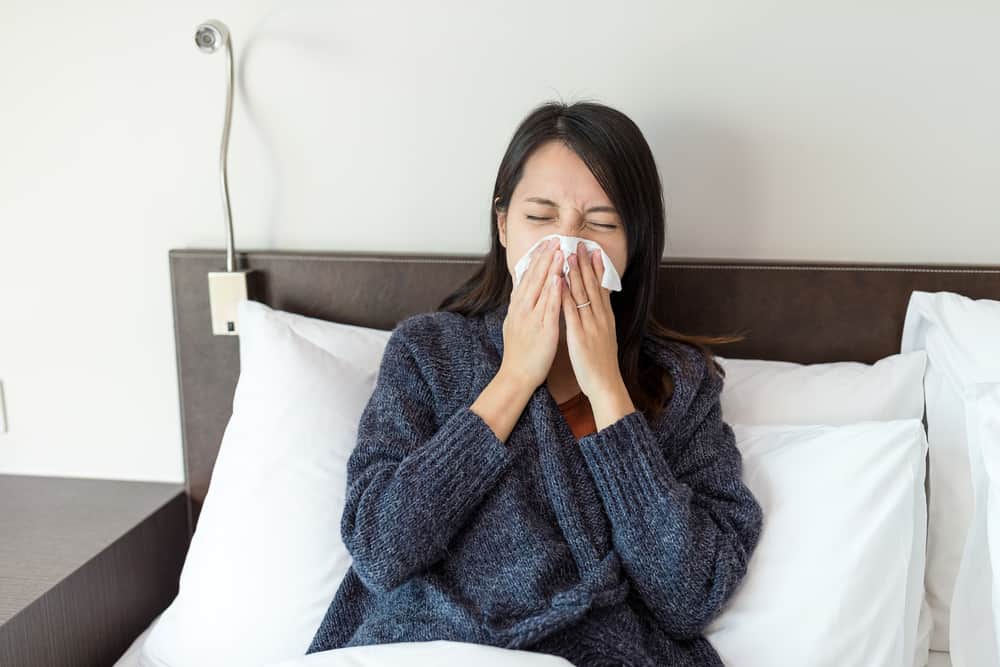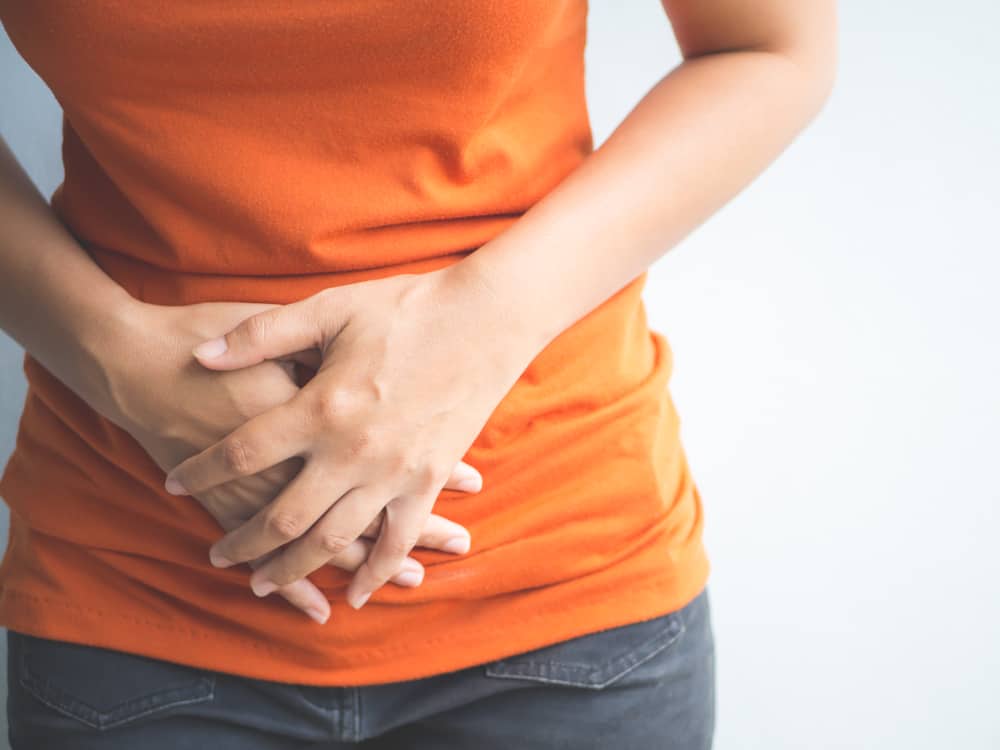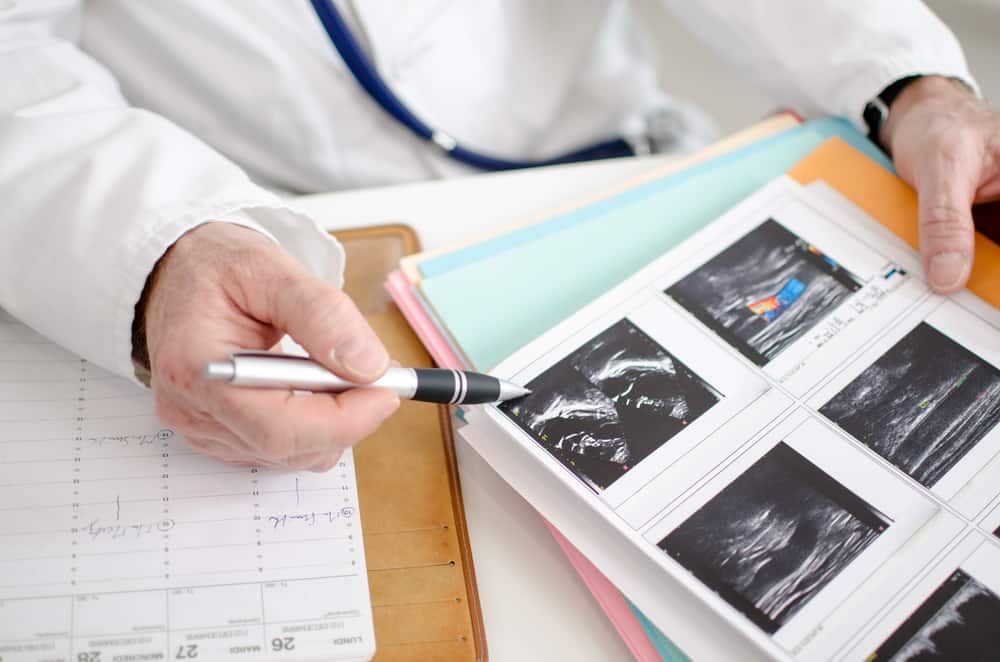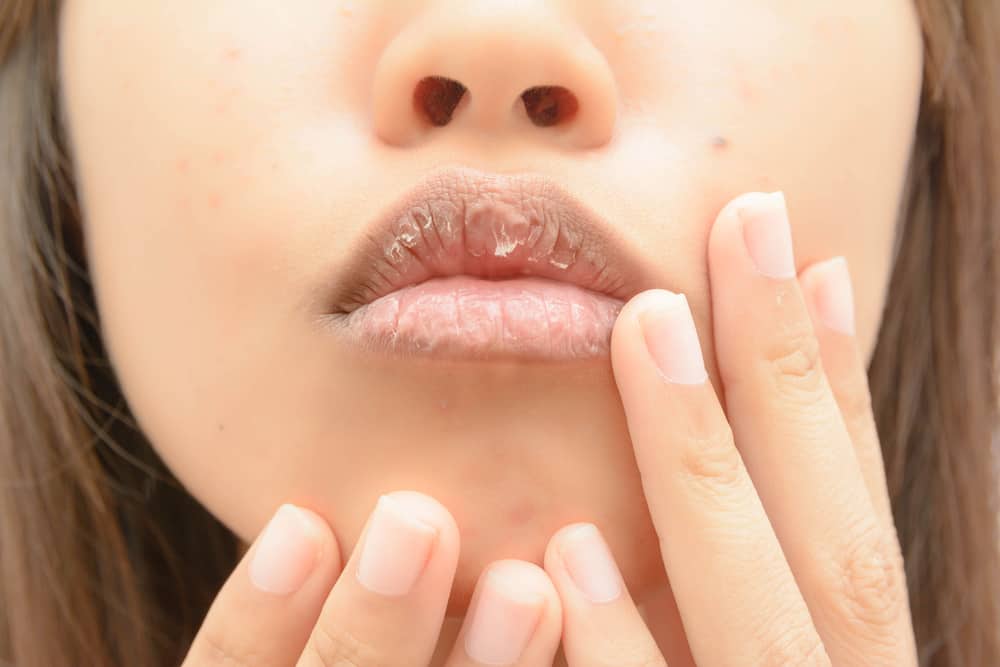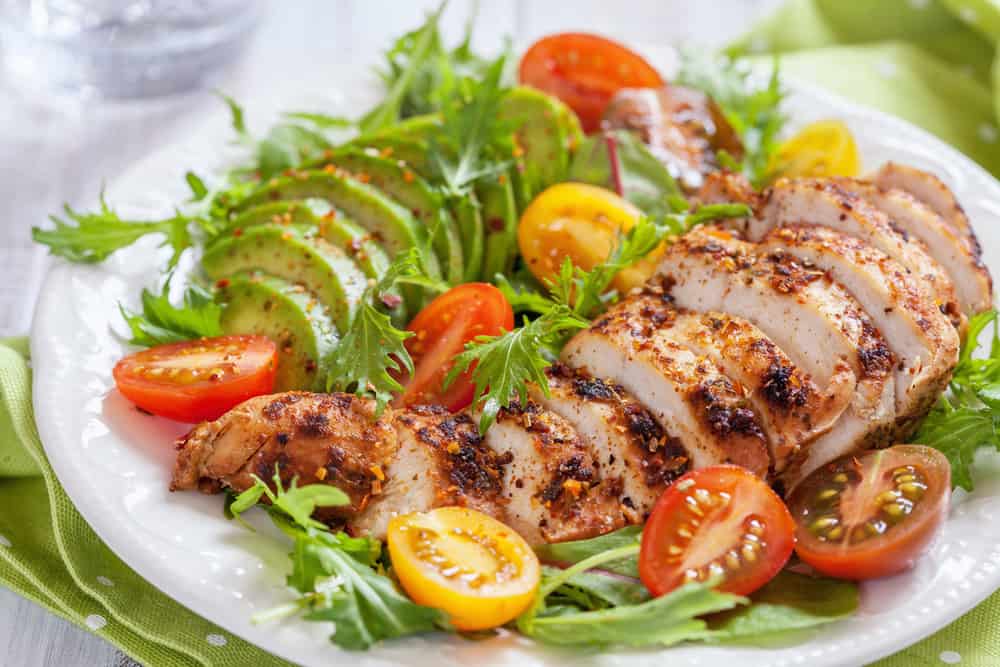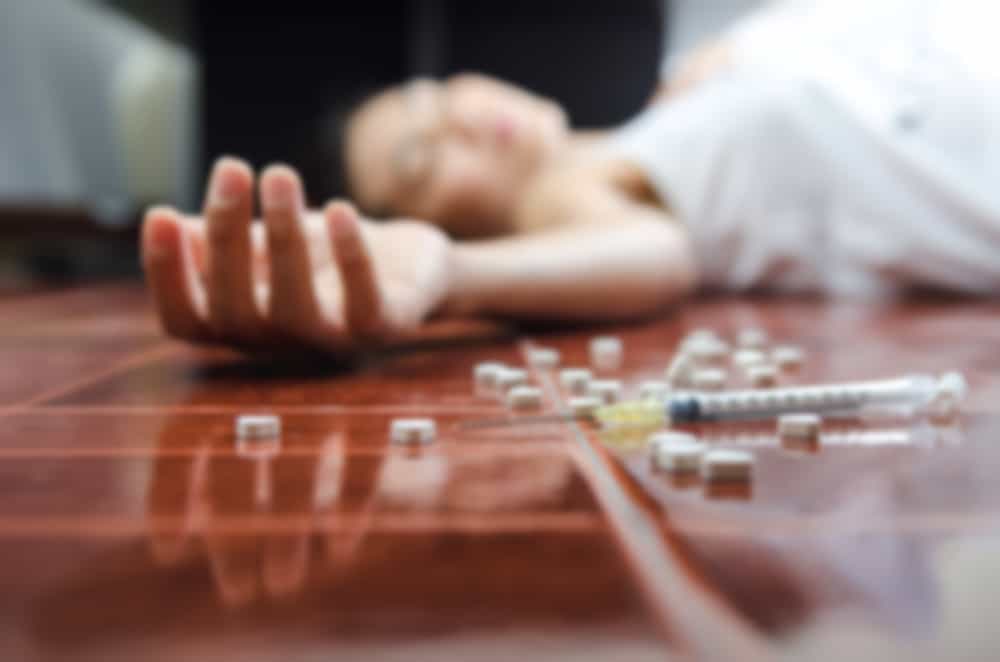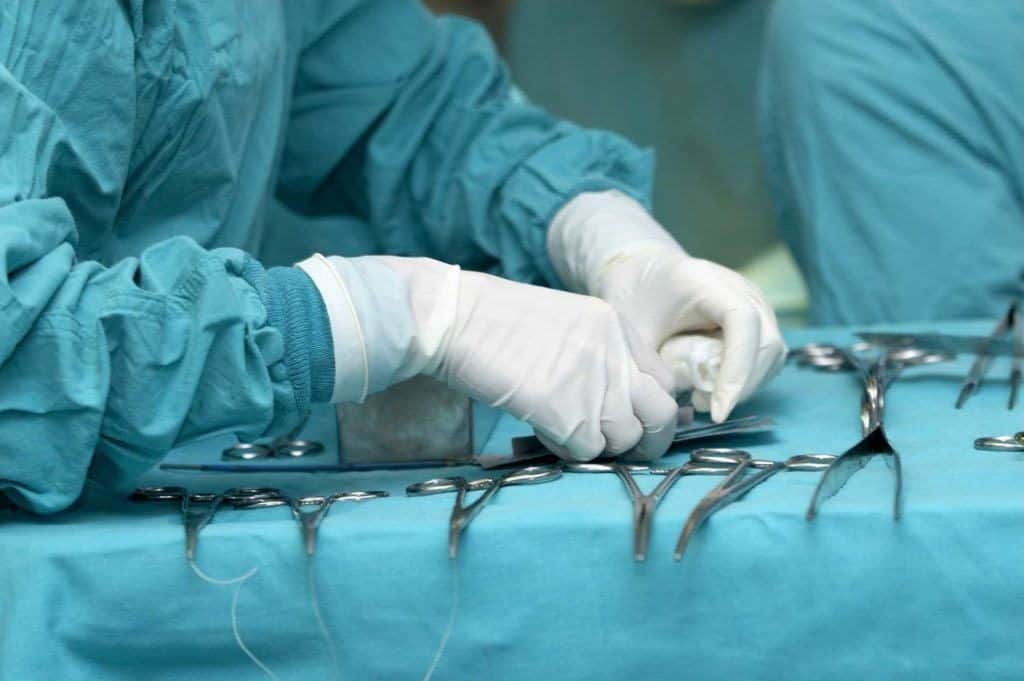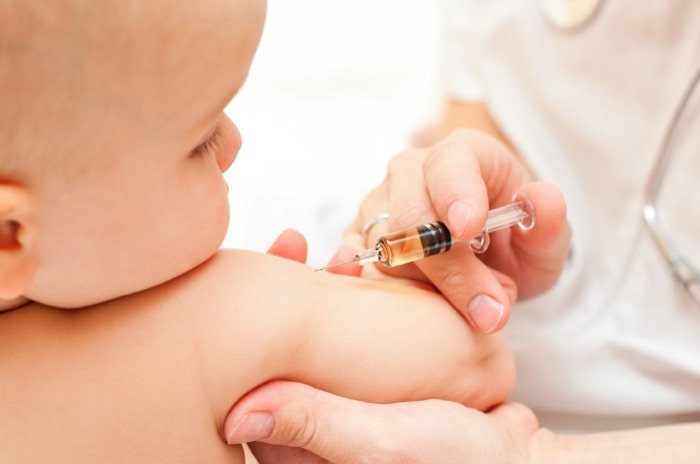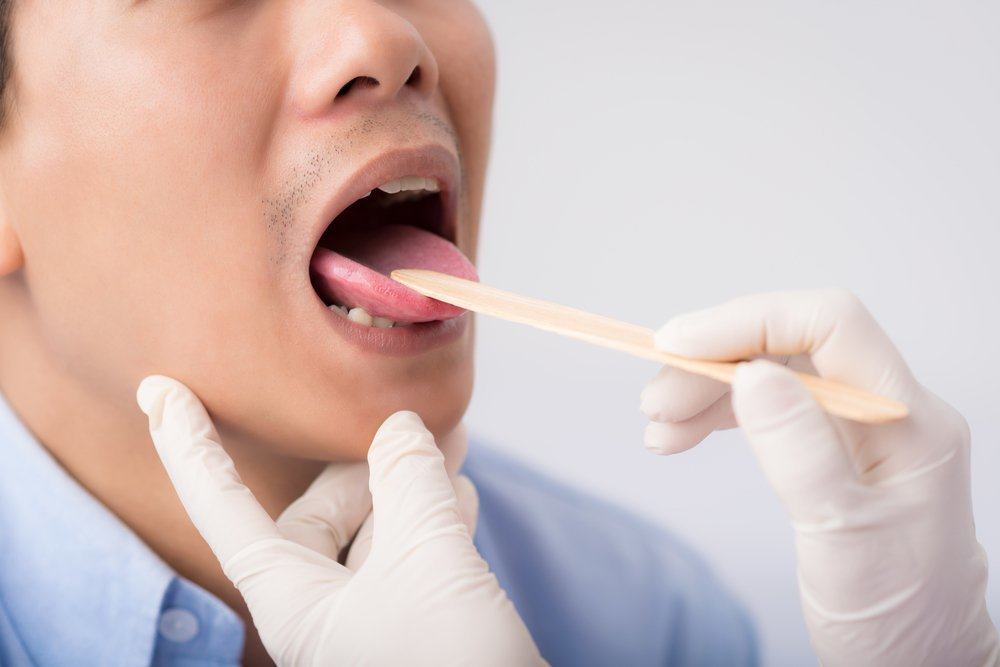Contents:
- Medical Video: Help for Fine Thin Hair: How to stop ruining the hair you have
- Caring for elderly hair, both with their own hands and with the help of nurses
- 1. Know the type of hair and shampoo accordingly
- 2. Choose foods and vitamins that benefit hair
- 3. Pay attention to the water temperature
Medical Video: Help for Fine Thin Hair: How to stop ruining the hair you have
Hair care is not only important for young people. Increasing age, then gray hair will grow more and more. On the other hand, middle aged men are prone to baldness which usually begins to be experienced at the age of 50 years. Therefore, the elderly hair must also be treated in order to maintain its health and beautiful luster. Consider the following tips.
Caring for elderly hair, both with their own hands and with the help of nurses
1. Know the type of hair and shampoo accordingly
Choosing shampoo to wash your hair is not arbitrary. You must know your own hair type, whether oily, dry, or brittle and easily fall out. Thus, you can adjust the type of shampoo according to your hair needs.
In general, shampoo for dry hair should contain active ingredients that are moisturizing and trigger the production of natural oils on the scalp, such as coconut oil, avocado oil, argan oilor grape seed oil.
Meanwhile, oily hair is prone to dandruff. Therefore, avoid shampoo that has too much moisturizing content. Look for shampoos containing selenium sulfide, or zinc pyrithione to control the activity of oil glands on the scalp.
For hair that has started meLime, select shampoo with label ‘volumizing ' and which contains pantenol to give a little volume to the hair. Frequent shampooing can help prevent hair becoming limp that makes hair look thinner. Hair that is often shampooed will expand and appear as thicker.Thin hair is not confinedUse conditioner because it can make the hair more visible saucer and not volume. If you are confused about your hair type, the safe choice is to use baby shampoo.
2. Choose foods and vitamins that benefit hair
In addition to external hair care products, food intake is also important for maintaining the health and beauty of hair. High-protein food sources (eggs, milk, beans, fish, poultry, meat), iron (beans, shellfish, oysters, pumpkin seeds, spinach), omega-3 fatty acids (salmon, sardines, cheese, yogurt) can help you maintain healthy hair from the inside. You can also take biotin supplements to help reduce or prevent hair loss.
3. Pay attention to the water temperature
While shampooing, it's also important to pay attention to the temperature of the water used for bathing. Noting the temperature of the bath water is especially very important elderly nurse. Because the water is too hot can make the skin and hair dry quickly, because it erodes the sebum layer on the scalp. As a result, prone to branching and broken hair.
Meanwhile, showering with cold water risks causing the elderly body to experience hypothermia and a weakening of its pulse. Many studies have proven that taking a cold shower can cause narrowing of the arteries.
If not treated immediately, blood flow to your vital organs such as the heart and brain can become blocked. If your vital organs don't get oxygen-rich blood, the result can be fatal.
Try to provide water warm or lukewarm for elderly bathing. Previously you could test by dipping your hands into the water to feel whether the water was too cold or too hot.

